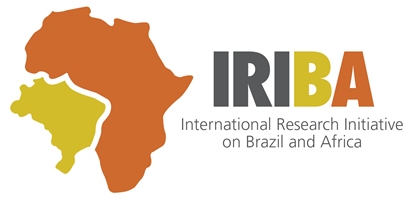Last week I met up with the amazing researchers on the IRIBA project at a workshop in Rio. All 12 research papers were presented and scrutinised in depth, and there was much debate about how and where the key points might be useful for African countries.
While there’s some more work to do on the current research agenda, it was great to see a real sense of coherence starting to emerge. The importance of a strong social contract, which regards growth as a tool to promote inclusive development is clearly something that sets Brazil apart.
But as we’re seeing with the renewed wave of public protests, the central importance of this contract is under real stress.
Before the workshop, I’d assumed that most of the protests were a short-term reaction against mismanagement and overspending on the World Cup stadiums (triggered by a range of other policies, such as the bus fare rises, in a slowing economy).
On reflection, it seems to me that the public outcry at money being ploughed into the ‘mega events’ actually stems from a much deeper-seated challenge to the social contract in Brazil.
Since the mid-90s, the social contract has actively prioritised a reduction in poverty and inequality – with remarkable success. But with state investment now appearing to prioritise the whims and desires of FIFA and the IOC, it’s clear that most people aren’t happy.
In the UK, statistics such as ’100 more schools could have been built for the price of X stadium’ often feel slightly abstract. In Brazil, the political prioritisation underlying this type of equation felt much more tangible and urgent.
In an election year, and with global media attention fixed on the country, this political prioritisation is something that Brazilians have much more scope to influence, and they’re extremely aware of this fact.
